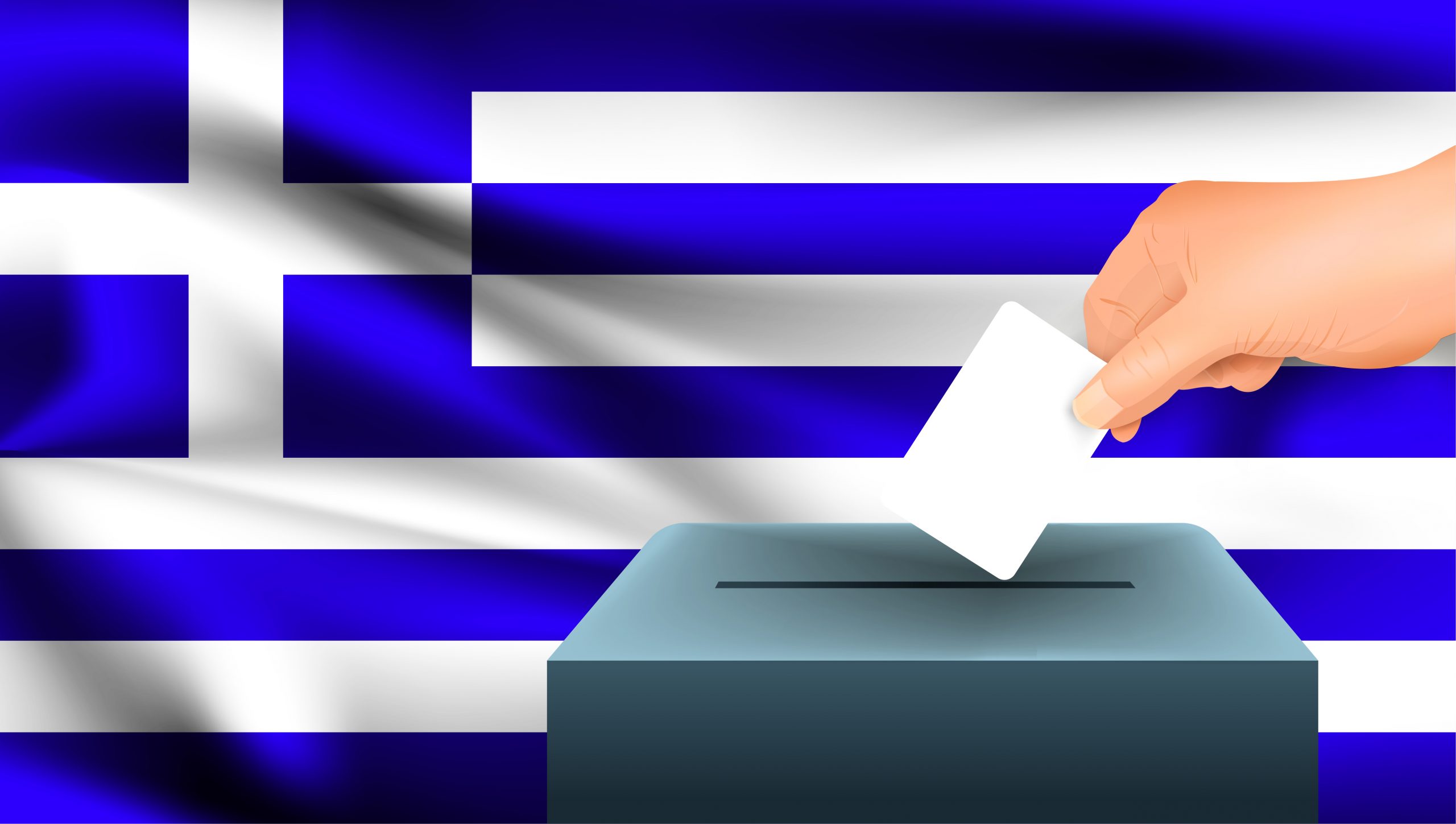There are now eight different parties represented in the Greek parliament following the country’s recent legislative elections. George Kordas examines what the rise of several new challenger parties tells us about the Greek party system.
After years of political turbulence, Greece appeared to have returned to a more stable two-party system in the country’s 2019 legislative election, with New Democracy and Syriza emerging as the two major players. However, the two legislative elections held in Greece in May and June this year have shattered this illusion.
The Greek parliament now has no fewer than eight political parties represented. While there has been no shortage of radical politicians in the country’s parliament since 2012 – notably those from Golden Dawn and the radical left following Syriza’s split in 2015 – the new political environment is more complicated than ever. Discussions about realignments in the Greek party system appear here to stay for the foreseeable future.
A resurgent far right
The far-right party Golden Dawn made international headlines when it rose to prominence in the aftermath of the Greek debt crisis. However, it was later designated as a criminal organisation following a trial that began in 2015 and lasted more than five years. Following the outcome of the trial, it was thought that the far right had largely been defeated.
It therefore came as a surprise to many observers when three far-right parties won parliamentary representation at the June 2023 election. These include the pro-Russian and pro-Orthodox Greek Solution, which largely maintained its support from the previous election in May, and two new parties, the Spartans and Victory.
Although these parties have all been labelled “far-right”, they represent different political traditions. Victory is an ultra-conservative party that has strong connections with the Greek Orthodox church. Their platform includes the promotion of a traditional view of the family alongside links with radical-Christian organisations working at the margins of the Church’s activities, including the anti-abortion movement. Discussions of abortion have been largely absent from Greek politics since the 1980s, but Victory appears to have successfully reintroduced the topic onto the political agenda.
The Spartans, meanwhile, were largely unknown to the Greek electorate prior to the June 2023 election. The party served as a medium for representing the extreme right and finished with the fifth highest vote share. It was endorsed by Ilias Kasidiaris, a former member of Golden Dawn who is currently in prison. The party was initially known for its nationalist positions and focus on the Macedonia naming dispute between Greece and North Macedonia. However, during the election it accepted the support of Kasidiaris and took a turn toward the extreme right in its positioning.
Once the new parliamentary period begins, it will be interesting to observe whether the Spartans will accept the procedures and status of the parliament, given their links with Golden Dawn. Some early analyses have found significant similarities between the profiles of Golden Dawn supporters and those who backed the Spartans in the June 2023 election.
Course of Freedom
Alongside the above three parties, the other new addition was Course of Freedom, a party that is typically labelled Eurosceptic and grouped with parties of the radical left. The party’s leader, Zoe Konstantopoulou, was formerly a prominent member of Syriza. After the 2015 Greek bailout referendum, during which she supported the No campaign, Konstantopoulou was part of a group that split from Syriza.
Konstantopoulou is considered a hard Eurosceptic. She backs the cancellation of Greek public debt, is opposed to the Prespa Agreement that brought an end to the Macedonia naming dispute, and has argued against compulsory COVID-19 vaccinations. These stances are combined with an uncompromising personality, evident in the perception that Course of Freedom is a mere personal vehicle for Konstantopoulou’s political ambitions.
Social frustration
Despite their differences, all four of the challenger parties to emerge from the 2023 elections share some common features. They each have charismatic leaders with the ability to impose their views on the rest of the party and they have all attempted to present themselves as vehicles for the views of ordinary people, capitalising on the widespread sense of social frustration that exists within Greek society.
While it is far too early to draw conclusions, there are signs that many in the Greek electorate are still looking for political solutions outside of the mainstream. This dynamic, if it is maintained, could have significant implications for the quality of Greek democracy. Upcoming local and European elections over the next year could give some indications about the country’s future trajectory, not least because as second-order elections, they are likely to present an ideal opportunity for the new challenger parties to broaden their appeal.
About the Author
George Kordas is a PhD Candidate in the Department of Political Science and History at the Panteion University of Social and Political Sciences.

